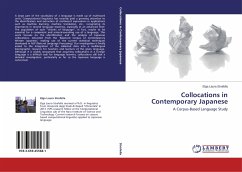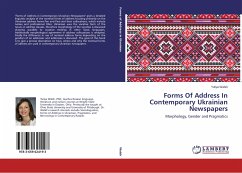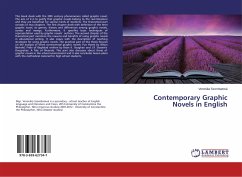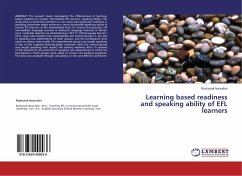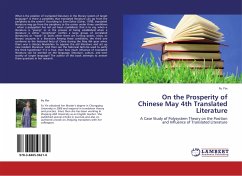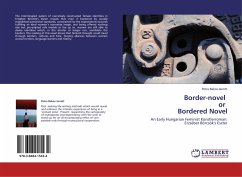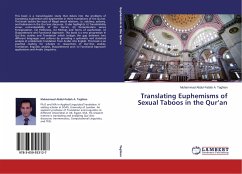A large part of the vocabulary of a language is made up of multiword units. Computational linguistics has recently paid a growing attention to the identification and extraction of multiword expressions in applications such as machine learning, machine translation, etc., recognizing its importance in second language teaching, especially at an advanced level. The acquisition of such chunks of language , in fact, results to be essential for a competent and natural-sounding use of a language. This work focuses on the identification and the analysis of Japanese collocations, extracted from the Balanced Corpus of Contemporary Written Japanese , making use of the current statistical techniques developed in NLP (Natural Language Processing). Our investigation is finally aimed to the integration of the collected data into a multilingual lexicographic resource for teachers and learners of the given language. Although it is widely recognized that acquiring collocations in a foreign languageis a difficult task for language learners, collocations still lack a detailed investigation, particularly as far as the Japanese language is concerned.
Bitte wählen Sie Ihr Anliegen aus.
Rechnungen
Retourenschein anfordern
Bestellstatus
Storno

